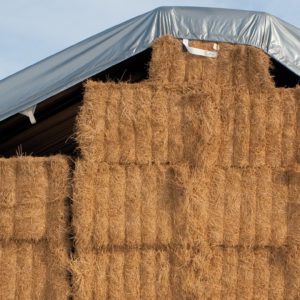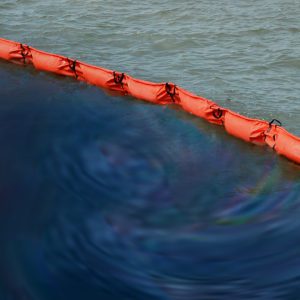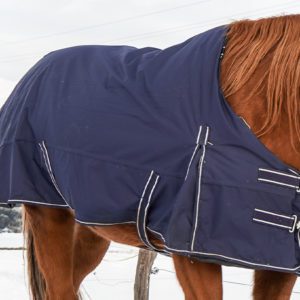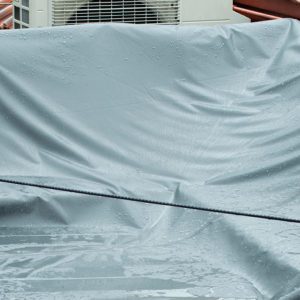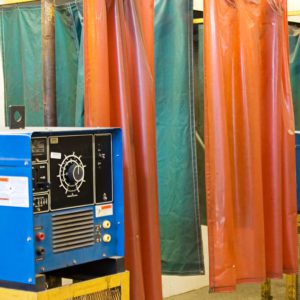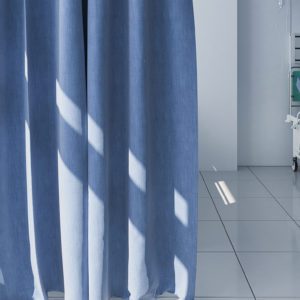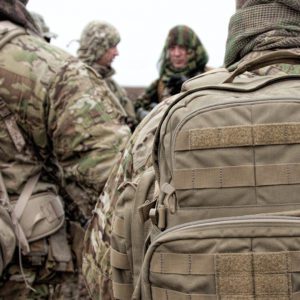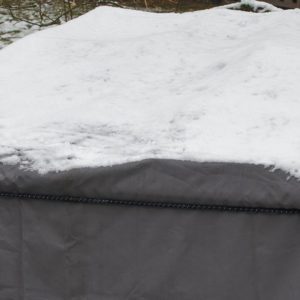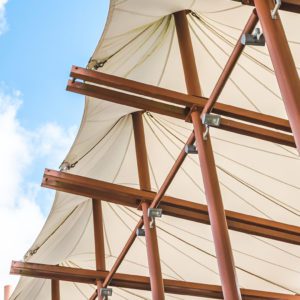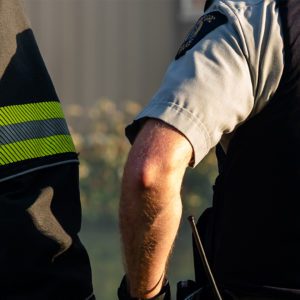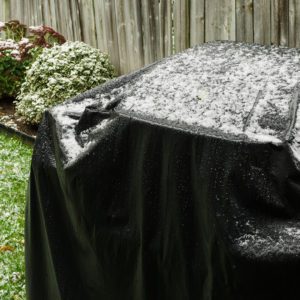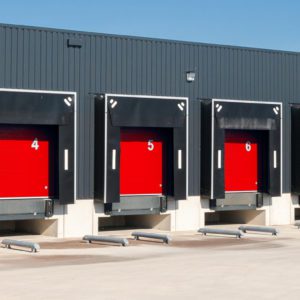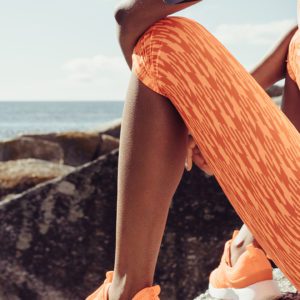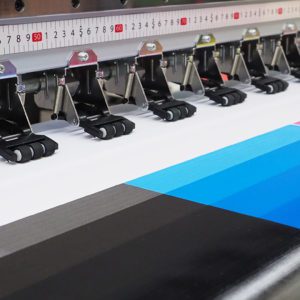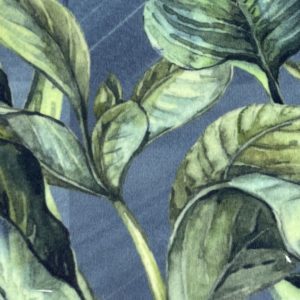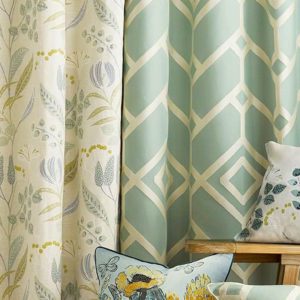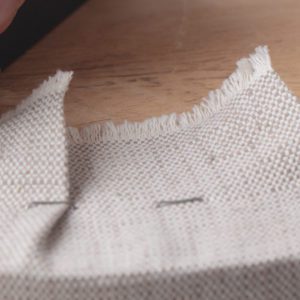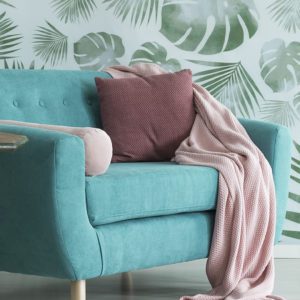What is Vinyl Coated Mesh?
Vinyl coated mesh (VCM) is a durable, weather-resistant fabric made by coating a strong polyester base with vinyl (PVC). When the fabric is coated after it’s woven or knitted, it creates a lighter, more flexible mesh ideal for applications like banners, shade structures, and outdoor furniture. Coating the yarns before weaving results in a stiffer, more rugged material that’s perfect for marine covers, truck tarps, safety nets, and industrial uses. The combination of durability, breathability, and resistance to weather, mildew, and mold, makes vinyl coated mesh perfect for a wide variety of applications, including shade structures, banners, outdoor furniture, truck tarps, marine covers, safety nets, industrial screens, and more.
How is Vinyl Coated Mesh Made?
Vinyl coated mesh (VCM) is a durable, weather-resistant fabric produced by taking either knitted or woven polyester and coating it with PVC (polyvinyl chloride). Woven VCM is typically stronger and more durable; knitted is typically lighter weight and more flexible. TVF’s 6.5 oz VCM is a knit and the 10 oz VCM is woven, giving it extra strength and stability. The PVC can be applied in two ways, and this affects how the fabric performs. In one method, the fabric is woven or knitted first and then coated with vinyl. This results in a flexible, lightweight mesh that works well for things like banners, outdoor furniture, and shade structures. In the other method, the yarns are coated first and then woven into the mesh. This fully protects each yarn, creating a tougher, more rigid fabric that can handle harsh conditions—perfect for marine covers, heavy-duty tarps, and industrial use.
Top 5 Features of Vinyl Coated Mesh
- Strength and Durability: The base fabric provides exceptional tear and tensile strength, while the vinyl coating adds a layer of protection against abrasion and damage.
- UV and Weather Resistance: The PVC coating protects the mesh from prolonged sun exposure, preventing fading, cracking, or material breakdown.
- Breathability: The open mesh structure allows air and light to pass through, reducing wind resistance and improving ventilation.
- Water and Mildew Resistance: Vinyl-coated mesh resists water absorption, which prevents mildew, mold, and rot—critical for damp or humid environments.
- Easy Maintenance: It’s simple to clean with mild soap and water, even after heavy outdoor use.
10 Common Applications of Vinyl Coated Mesh
- Outdoor Furniture
- Awnings, canopies, and sunshades
- Boat covers, seating, and safety nets
- Truck Tarps and Covers
- Construction Safety Nets
- Agricultural Covers
- Signage and Banners
- Yard fences, security barriers
- Scaffolding covers and debris nets
- Privacy screens and dividers
Typical Test Methods for Vinyl Coated Mesh
- Tensile and Tear Strength: Measures how much stress the fabric can handle before breaking (ASTM D5034 / ASTM D5035).
- The Mullen Burst Strength test (ASTM D3786) measures how much pressure a fabric can withstand before rupturing.
- UV Resistance: Tested to confirm the material can withstand prolonged sun exposure without breaking down (ASTM G154).
- Flame Resistance: For safety-critical uses, some meshes meet fire safety standards like NFPA 701.
- Water and Mildew Resistance: Evaluates how well the fabric resists moisture-related damage (ASTM G21).
- Colorfastness: Ensures the material’s color won’t fade quickly under sunlight or harsh weather (AATCC TM16).
